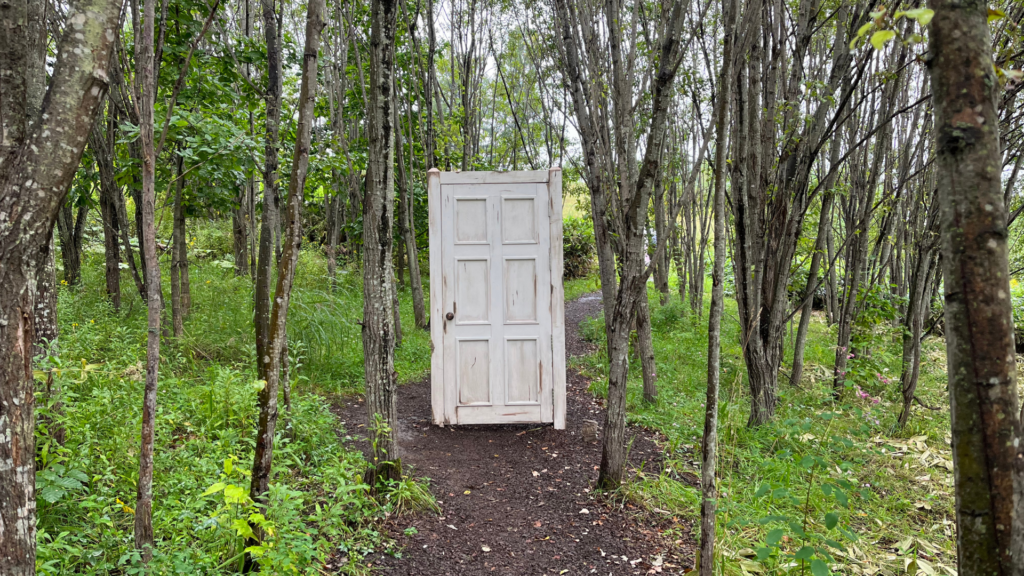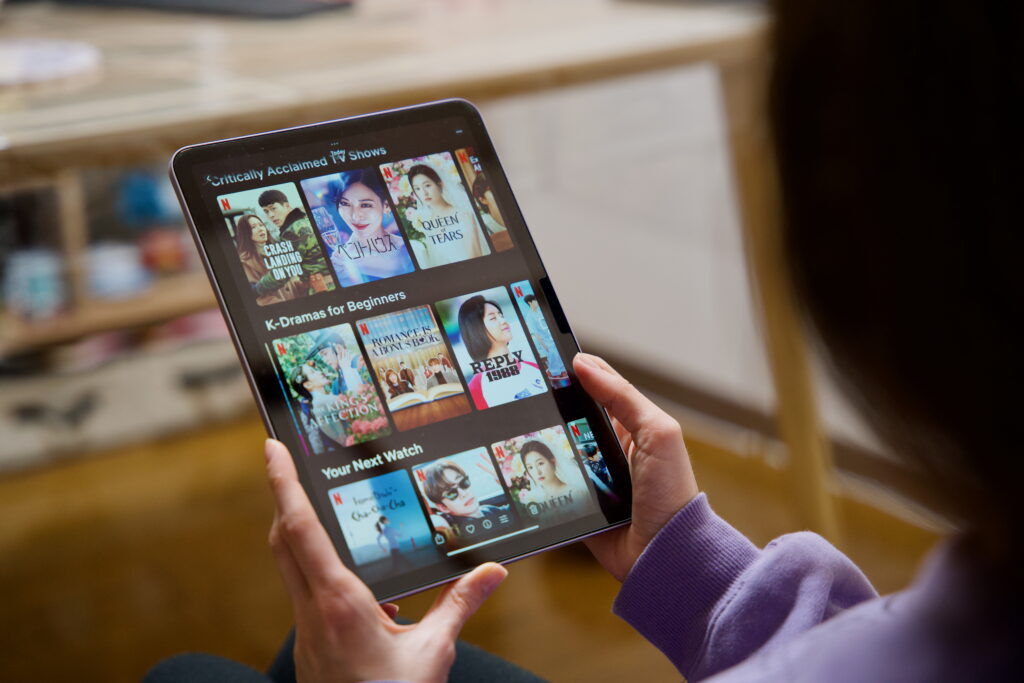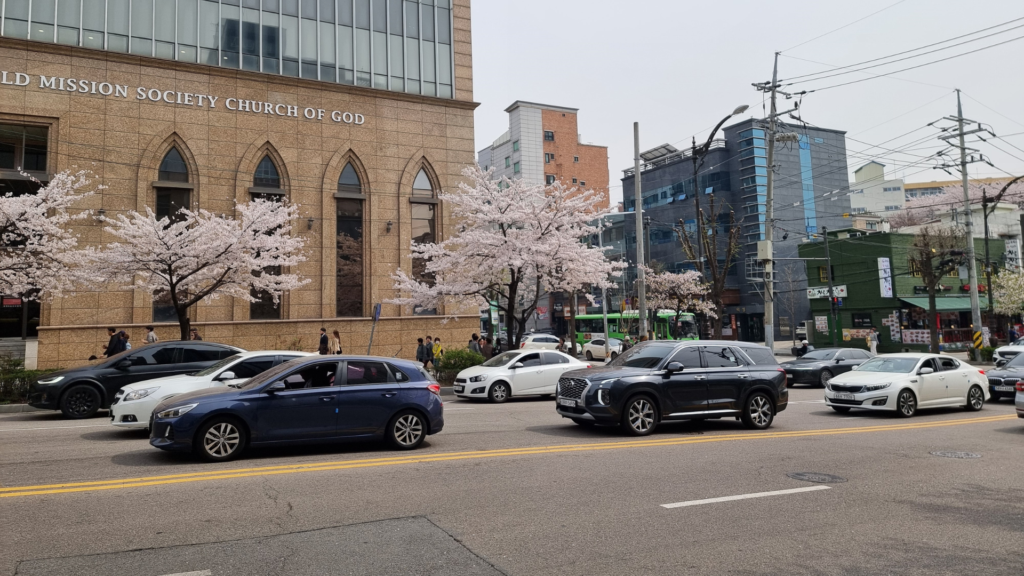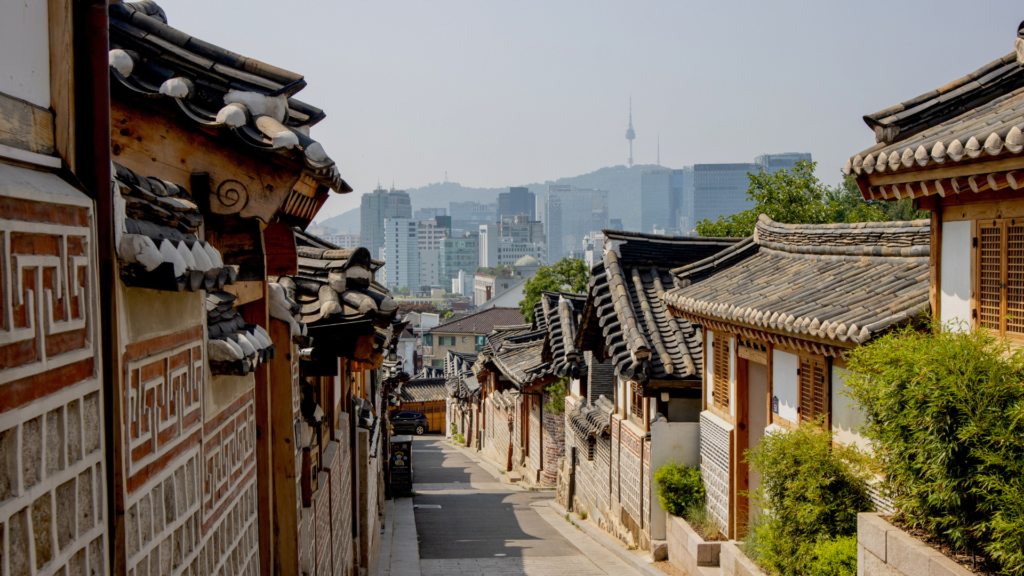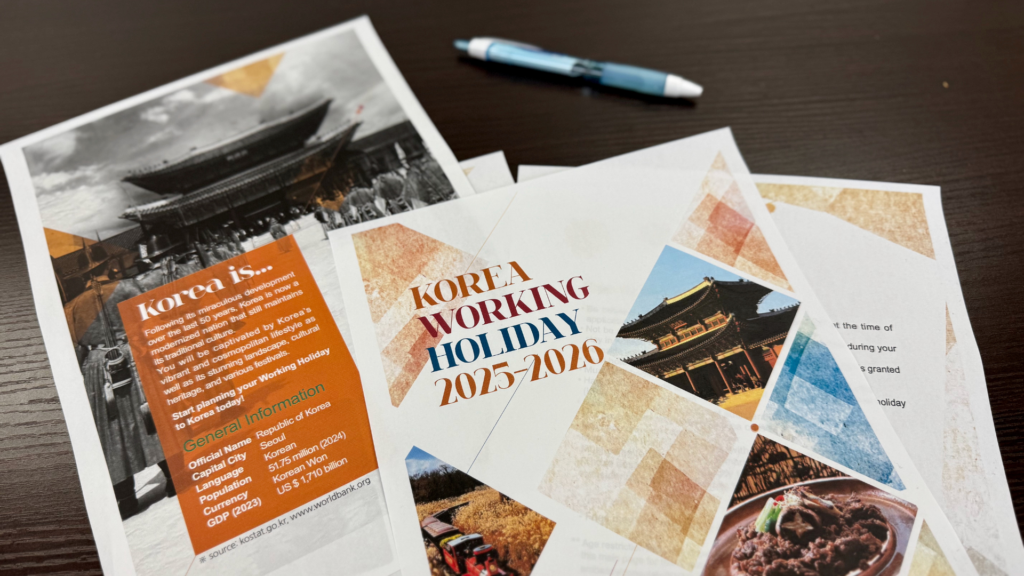Article first published on March 20, 2020 and updated on SEPTEMBER 30, 2022
Korea entry restrictions & quarantine requirements
As of October 1, 2022 no arrival COVID-19 test is required for any travelers.
As of September 3, 2022 no pre-departure COVID-19 test is required for traveling or entry to Korea.
As of June 8, 2022 no quarantine is required for any travelers regardless of COVID-19 vaccination status. For now, travelers still need to complete the Q-CODE prior to traveling to Korea. You must have a valid airline ticket in order to complete the Q-CODE: https://cov19ent.kdca.go.kr/cpassportal/
Quarantine exemption
Korea will grant quarantine exemption under certain conditions. The conditions for quarantine exemption and dates these conditions go into effect are below:
From March 21, 2022:
– COVID-19 vaccines registered in Korea AND
– 3rd dose (booster) received OR it is between 14 and 180 days from your 2nd dose
From April 1, 2022:
– Anyone that has received the 3rd dose (booster) OR is between 14 and 180 days from their 2nd dose
For those that qualify for quarantine exemption, you will need to complete the Q-CODE online form to expedite your arrival process and register your information for the quarantine exemption.
Quarantine requirements
Until June 7, 2022 passengers entering Korea are subject to 7 days of mandatory quarantine if they do not qualify for quarantine exemption.
If you have been fully vaccinated with a WHO (World Health Organization) approved COVID-19 vaccine (Pfizer, AstraZeneca, Moderna, Sinopharm, Sinovac, or Janssen), you may qualify for a quarantine exemption.
Please check with your local Korean embassy/consulate if you are able to apply for a quarantine exemption. Any questions about quarantine exemption should be directed to your local Korean embassy/consulate.
Korean nationals/foreign nationals of long-term stay (Visa holders upon entry): will be quarantined at their registered address or accommodations in Korea (This also includes quarantine service companies).Foreign nationals of short-term visit (Visa-free/visa-waiver entrants that are considered tourist entries): will be quarantined at government designated facilities at their own expense (About KRW 100,000-150,000 per day) except for foreign nationals who are family members of Korean nationals or foreign nationals of long-term stay. The price may vary depending on the location and facility. No prior reservation is required, you are assigned a facility upon arrival.Individuals will pay for hospitalization of infectious diseases for confirmed foreign patients who have arrived from overseas.Amount required to pay: Applies differently depending on reciprocity agreements with the traveler’s country of citizenshipEffective date: Arrival after 0:00 on August 24, 2020 Korean Standard Time (Effective date applies differently for violators of quarantine measures after 0:00 on August 17, 2020 Korean Standard Time)
Entry restrictions
Foreigners with an E-9 visa without a ‘Confirmation of Self-quarantine’ are restricted from entry.
Entry & transit restrictions
- Foreign nationals who have visited Hubei in the past 14 days are restricted.
- Nationals of China who have a passport issued by Hubei province are restricted.
Transit restrictions
- Any passenger transiting in Korea must have a confirmed connecting ticket and transit within 24 hours.
- Nationals of Mongolia and Russia are not allowed to transit through Korea (as of June 3, 2020)
- [Exception] Nationals of Mongolia and Russia are allowed to transit through Korea if they depart from and arrive in a 3rd country.
- Passengers traveling from China to a 3rd country are permitted to transit at Incheon International Airport (as of August 31, 2020)
- Thai nationals returning to Thailand need to hold documents issued by the Thai embassy to transit in Korea.
Entry procedures & special conditions
- Re-entry permit exemption will be suspended for long-term stayers in Korea as of June 1, 2020. However, some nationalities have had their re-entry permit exception restored. Please check with immigration prior to departure to check if you need a re-entry permit or not.
They are required to obtain a re-entry permit before leaving Korea.They are required to submit a medical certificate related to COVID-19 test results issued within 48 hours prior to the date of departure for Korea.[Exception 1] Diplomats (A-1), Government Officials (A-3), Overseas Koreans (F-4)[Exception 2] Registered aliens who left Korea before June 1, 2020
- All international/domestic passengers must wear a mask. (as of May 27, 2020)
- All valid single/multiple short-term visas issued before April 5, 2020 are suspended. (as of April 13)
- [Exceptions] Long-term visas and short-term employment (C-4) visas
- Visa exemption entry for some nationalities has been reinstated with the K-ETA (Korea Electronic Travel Authorization) as of September 1, 2021. You can check your eligibility here: https://www.k-eta.go.kr/portal/guide/viewetaalification.do
All passengers entering Korea will undergo quarantine if they do not qualify for quarantine exemption.Must have an available mobile number in Korea (Your own mobile number or someone you know in Korea)Must have a mobile device for installing self-diagnosis apps(No longer required as of late February 2022)Restricted to use public transportation and domestic flights. This means you must arrive at Incheon International Airport. You cannot take a connecting flight within Korea. If your final destination is another city in Korea, you will be instructed to take the KTX train or similar after arrival at Incheon International Airport. The bus fee from Incheon International Airport to the KTX train station is approximately KRW 15,000.[Exceptions] Jeju residents, certificate of quarantine exemption holders, E-9 visa holders
Must get a COVID-19 PCR test within 1 day upon arrival (As of July 25, 2022). This is done at local public health centers (Korean citizens and long-term stayers), or at the airport testing center (short-term visitors).[Special cases] Entrants who departed from UK, South Africa, Brazil, Africa: The COVID-19 test is administered at temporary living facility near the airport, if you test negative you can go to your quarantine location afterwards.
- All passengers on a flight to Korea will undergo a fever check at the departure airport. Boarding will be rejected for those who have fever with temperature over 37.5°C (99.5°F).
- All crew members holding C-3-11 visas are required to hold a valid COVID-19 PCR-negative certificate. (as of July 24, 2020). Test results that have been issued within 2 days from the flight or ship departure day.
Korea-Japan Business Track launched as of October 8: for details refer to the notice from the ‘Ministry of Foreign Affairs’Only available to passengers listed below:Korean passport holdersMarriage visa holders (F-6), Spouse or children (minor) of Koreans, Permanent Resident (F-5), Diplomats and their dependentsBusiness permit holders based on ‘South Korea-Japan Business and Residence Track’ (launched as of October 8)Passengers transferring at Incheon Airport
Special entry procedure information (특별 입국 절차)
The Korean government introduced a ‘special entry procedure’ applied to all passengers entering Korea from mainland China, starting from February 4, 2020. The procedure was expanded on February 12 to include travelers from Hong Kong and Macau. The procedure was again expanded to all travelers March 19.
In accordance with the special entry procedure, all travelers are allowed entry after checking whether they have visited the Hubei province and identifying their contact information and address in Korea. Entry may be denied if they have visited the Hubei Province in the last 14 days or refuse to undergo mandatory quarantine.
Travelers are also required to install the Self Diagnosis Mobile Application to confirm their contact information and monitor their health status. After installing the application, they should record their symptoms* every day on the application for 10 days. Those who have recorded any symptoms should call the Korea Centers for Disease Control and Prevention (KCDC) Call Center at 1339. If the application is not installed or self-diagnosis categories are not checked, you may receive a call from the call center. If you fail to receive any calls, measures may be taken to identify your location. (No longer required as of late February 2022)
Please remember that if respiratory symptoms appear and you are suspicious of having COVID-19, please call 1339 first and then visit a COVID-19 screening center or other hospital as directed.
(*) Self-diagnosis categories: fever (37.5°C or higher), cough, sore throat, respiratory difficulties or difficulty breathing.
Selective care center (선별 진료소)
This is the special care center to check if you have COVID-19 or not. In Korea, 616 centers are operating and you can check where they are at the link above. Working hours vary so please check before visiting. Some are open during the weekend. The wait time for results is normally 1-2 days.
Public relief hospitals (국민안심병원)
If you need any medical support besides COVID-19 treatment, then you can visit a public relief hospital. Currently there are 326 hospitals operating as public relief hospitals. You can check their location here.
When you visit the public relief hospital you will be asked the purpose of your visit and current health conditions. Based on your symptoms, you will be guided where to go. Some hospitals will also be treating COVID-19 patients. Treatment will be separated between the ventilator patients and non-ventilator patients to avoid exposure to the COVID-19.
Drive-through test center (승차검진 선별진료소)
You must visit a drive-through test center in your car alone. No other passengers can be present. The whole check-up process will be done in 5 ~ 10 minutes. There are 84 locations all over Korea except for Jeju Island as of March 20th. You need to book a visit to the drive-through test center in advance. Their normal hours are 9AM ~ 6PM. The test results will be announced in about 1 day.
Buying masks in Korea
The mask supply in Korea has stabilized and masks are now widely available in supermarkets, discount stores, pharmacies, convenience stores, and other locations. There is no longer a limit on the amount you can purchase however some stores may limit the amount depending on their supply. The price varies and you can also buy them in bulk online.
Frequently asked questions
Q: I have received COVID-19 vaccinations outside of Korea, are my vaccinations recognized in Korea?
A: Yes, if you have received WHO recognized COVID-19 vaccines outside of Korea, you can register them in Korea at a local public health center. Short-term visitors (tourist entry) will receive a paper certificate showing their COVID-19 vaccines. Long-term visitors with a residence card (formerly known as the alien registration card, ARC) will need to use the COOV app to register their vaccines with assistance from the health center.
Q: I have recovered from COVID-19 and have not been vaccinated for COVID-19, does that affect the vaccine pass I can receive in Korea?
A: Yes, if you have not been vaccinated and have documentation you have recovered from COVID-19, you will be considered as having one ‘dose’ of a COVID-19 vaccine. If you wish to receive a ‘vaccine pass’ in Korea, you will have to receive at least one dose of the COVID-19 vaccine in Korea before it will be issued to you.
Q: Can I share my quarantine accommodations with anyone?
A: No. You must be isolated from everyone else while in quarantine to prevent possible spread of COVID-19. This includes not sharing common areas such as a bathroom, kitchen, or living room. The only exceptions are at the quarantine authority’s discretion and are for immediate family members traveling together.
Q: When will Korea not require quarantine anymore?
A: As of June 8, 2022, the mandatory quarantine has been lifted.
Q: If I have been vaccinated for COVID-19, am I exempt from quarantine?
A: As of June 8, 2022, the mandatory quarantine has been lifted.
Q: What is considered a long-term stay?
A: Travelers who are not entering Korea as tourists and who have a valid visa are considered long-term stayers.
Q: If I arrive and am diagnosed with COVID-19, can I stay in Korea after being treated?
A: Yes, you can remain in Korea during your period of stay after being treated for COVID-19. Please note that the cost of treatment is now the traveler’s responsibility as of February 2021. Those with mild or no symptoms normally simply isolate in their accommodations.
Q: If I cannot depart Korea due to not having an available flight or a sudden flight cancellation due to COVID-19 what can I do?
A: If you are unable to find a flight or your flight has been canceled due to COVID-19, you can ask for an extension of stay in Korea by providing a letter of reason and a copy of a newly booked flight to the immigration office in Korea (if a flight is able to be booked). The decision will be up to immigration.
Q: I am a registered alien in Korea (visa holder with a residence card). If I want to travel outside of Korea, what do I need to do?
A: If you are planning on departing and returning to Korea while your residence card is still valid – as of June 1, 2020, in order to reduce the amount of imported COVID-19 cases, the government is temporarily requiring residence card holders to apply for a re-entry permit before departing Korea. The re-entry permit is KRW 30,000 and can be acquired at airports and immigration offices. If you do not acquire the re-entry permit, your visa will be cancelled upon departure. If you do not return to Korea before your re-entry permit expires, your visa will cancelled, no exceptions. Also, before you return to Korea, you need to receive a health check detailing related COVID-19 symptoms (written in Korean or English) within 48 hours of departure. A-1, A-2, A-3, and F-4 visa holders are exempt. Some visa holders/nationalities no longer require the re-entry permit, please confirm with immigration prior to traveling. Some re-entry permit exemptions have been restored. Please check with immigration whether you would required one or not.
Q: I am studying during my visa-free tourist period. Do I need the re-entry permit before I depart Korea?
A: No, the re-entry permit only applies to registered aliens (visa holders with a residence card).
Q: If I leave Korea and am not planning on returning before my residence card expires, do I need a re-entry permit?
A: No, the re-entry permit only applies to registered aliens that will return to Korea before their period of stay on the visa expires.

